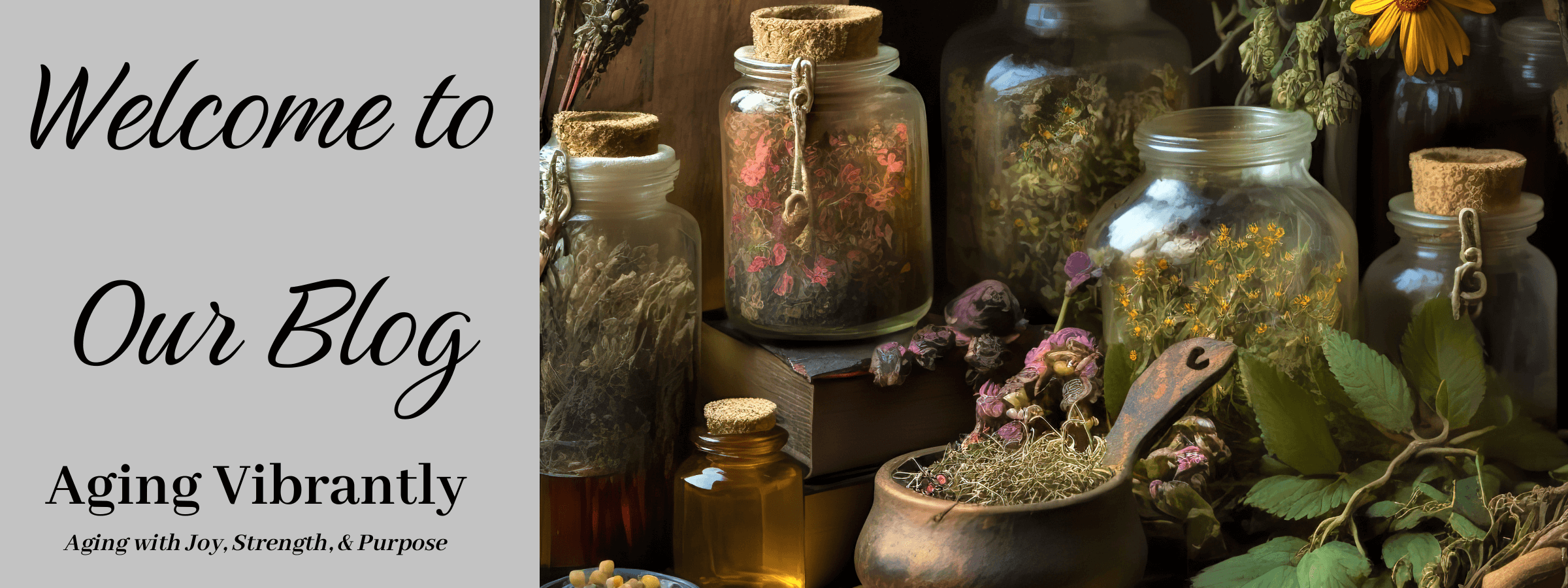
Emotional Resilience: The Key to Aging Vibrantly: As we journey through life — especially in our later years — we inevitably face change, loss, and new challenges. But with the right mindset and tools, we can not only face these seasons, we can thrive through them. That’s where emotional resilience comes in.
What Is Emotional Resilience?
Emotional resilience is the inner strength that helps us recover from setbacks, adapt to change, and face life’s difficulties with grace and purpose. It doesn’t mean we won’t feel pain or sadness. Rather, it means we have the ability to:
- Acknowledge and move through our emotions
- Stay grounded in who we are
- Find hope and meaning, even in hard times
Think of it as your emotional "core strength" — flexible, steady, and anchored.
“We are hard pressed on every side, but not crushed; perplexed, but not in despair...” – 2 Corinthians 4:8
Why Is Emotional Resilience Important as We Age?
As we grow older, we experience major life transitions: retirement, health changes, shifting family roles, and even the loss of loved ones. Emotional resilience helps us navigate these changes with courage and confidence.
Top Benefits of Building Emotional Resilience
- Better mental health: Lower anxiety, less depression, and a greater sense of calm
- Stronger relationships: You communicate more clearly and connect more meaningfully
- Improved physical health: Resilience lowers stress, which supports immune and heart health
- Spiritual peace: A deeper sense of trust in God and His purposes in every season
- Increased joy and gratitude: Even in the midst of trials, you can find reasons to celebrate life

How Do You Build Emotional Resilience?
You’re never too old to grow stronger emotionally! In fact, older adults often have deep wisdom and life experience that make resilience even more possible.
Here’s a simple 4-step process to help you grow emotional resilience:
1. Grow Self-Awareness
Pay attention to what you’re feeling. Regularly ask:
- What emotions am I experiencing right now?
- What triggered this feeling?
- What do I need most in this moment?
Journaling, prayer, and talking with a trusted friend can help uncover your inner world.
2. Practice Emotional Regulation
Learn how to calm your nervous system and respond rather than react. Try:
- Deep breathing (4-7-8 technique)
- Gentle movement or stretching
- Pausing before speaking
- Listening to uplifting music

3. Reframe Negative Thoughts
When discouragement creeps in, gently shift your thoughts:
- From “I can’t handle this” to “I’ve been through hard things before, and I’ll get through this too.”
- From “I’m alone” to “God is with me, and I can reach out for support.”
4. Stay Connected to Others and to God
Relationships fuel resilience. Build your support circle. Stay involved in your church, community, or small group.
And above all, lean into your faith. Prayer, Scripture, and worship strengthen your spiritual core and remind you that you are never alone.
And above all, lean into your faith. Prayer, Scripture, and worship strengthen your spiritual core and remind you that you are never alone.

You Are Stronger Than You Think
Aging vibrantly doesn’t mean avoiding difficulty — it means growing through it, rooted in faith, supported by others, and led by hope. Emotional resilience is a skill you can strengthen every day — and a gift you can pass on to others.
“Those who hope in the Lord will renew their strength...” – Isaiah 40:31
So breathe deeply, keep growing, and remember: you are more resilient than you realize — and every step you take makes aging a more vibrant journey.
Stay connected with us and other fellow Vibrant Agers! Subscribe today and receive our "6 Natural Ways to Optimize Sleep As You Age."




















0 Comments